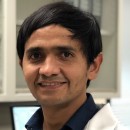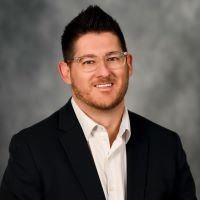A more perfect disease model – engineered iPSCs from innovation to discovery

Join leading researchers as they reveal how targeted iPSC engineering is transforming disease modeling and accelerating discovery. Our expert speakers will discuss how iPSCs are enabling highly specific control for more reproducible and patient relevant discovery.
Advanced gene tagging techniques
Discover how Oscar Perez (Temple University) uses a system for simultaneous insertion of fluorescent protein tags into multiple genes within iPSCs enabling the creation of cellular models that retain tagged proteins even after differentiation into disease-relevant cell types.
Using CRISPR-edited iPSCs to study neurodevelopmental disorders
Learn about how mapping genetic variants to altered protein interactions in CRISPR-edited iPSCs, offers new perspectives on the mechanisms behind autism spectrum disorder.
Optimized protocols for culture and single cell cloning
Hear from Chris Heger (Bio-Techne) on refining experimental workflows for culturing and cloning a wide range of cell types from immortalized lines to iPSCs using gentle, microfluidic single-cell isolation.
Join the webinar to:
- Learn how to engineer iPSCs with precise, multi-gene fluorescent tagging to create robust, disease-relevant cellular models.
- Gain insights into using CRISPR-edited iPSCs to map genetic variants and uncover disease mechanisms
- Discover optimized workflows for culture and single-cell cloning across diverse cell types
- Understand how gentle microfluidic sorting enhances single-cell isolation to streamline workflows and produce more relevant disease models
You have registered for this webinar
You might also like

Streamline disease modeling and therapeutic discovery with targeted viral vectors

Organ-on-chip innovation: modeling the complex tumor microenvironment for drug discovery

Personalizing ctDNA monitoring: discovery to clinical implementation using dPCR



